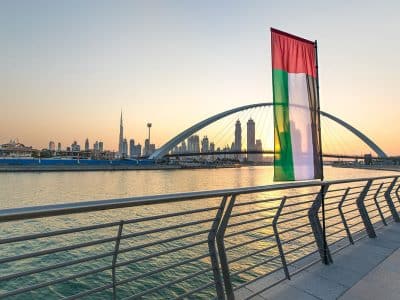Tenants are firmly in charge of Bahrain’s commercial property market as supply keeps growing despite subdued demand, according to a new report by Savills, the real estate services provider.
Its report said a sustained supply addition and less active occupier demand has resulted in a tenant’s market, prompting some landlords and developers to offer generous incentives.
Savills also noted the rise of flexible office space, which is gaining momentum across major cities in the world.
According to Savills, the impact of economic slowdown is well reflected in the case of Bahrain’s real estate.Rental decline was observed in the key office markets such as Bahrain Financial Harbour and Seef where the average rents dropped by 8 percent annually.
It added that companies are ramping up their efforts to accommodate employee needs, including a more flexible and collaborative work environment.
Hashim Kadhem, associate director – head of professional services at Savills Bahrain said: “The commercial office market in Bahrain remains characterised by a supply-demand imbalance. The market continued to soften during Q2 with office rents dropping by 5 to 8 percent year-on-year across the board.
“It is however showing positive signs of recovery with the rental rates sustaining in some areas and rate of decline subsiding in others. The majority of enquiry levels and transactions were for small and medium sized office space. In fact, there’s limited demand for large office plates except in the case of large-scale companies establishing their base in Bahrain.”
He added that it has become imperative for developers and landlords to look at global trends and adapt their local service offering.
Flexible office spaces including co-working, though still at a nascent stage in the region, is now considered a disruptor of the office real estate landscape. The current flexible office space landscape is largely dominated by domestic players or niche operators.
According to Savills estimates, in London – which is the biggest co-working market in the world – co-working spaces accounted for 7.6 percent of total office stock in Central London at the end of 2018.
In Bahrain, there is potential for co-working opportunities as it has a strong entrepreneurial culture. There are currently 119 innovative start-ups within the growing StartUp Bahrain ecosystem, as well as 34 accelerators, incubators, co-working spaces, and government entities to support.
Kadhem said: “We believe that the traditional office format will continue to be challenged and will evolve to provide a holistic working environment. Developers and landlords that identify and adapt to this trend will be able to reap long term dividends.”






